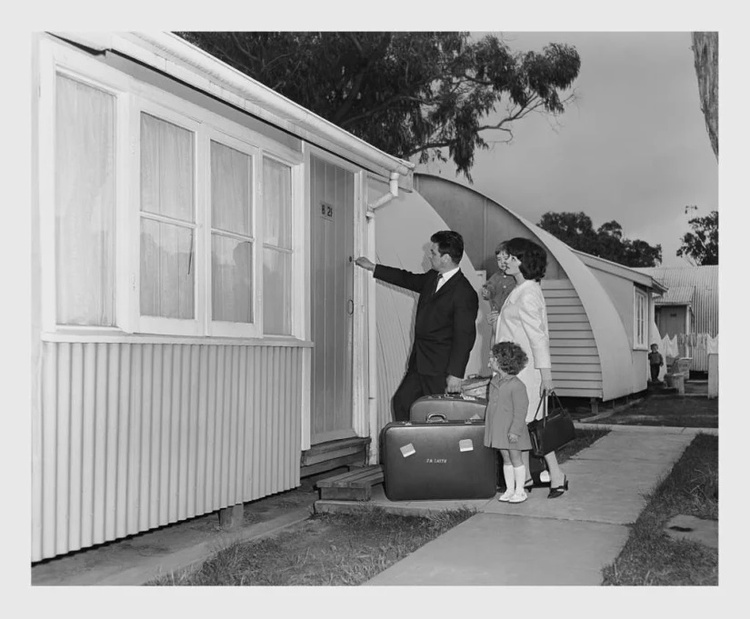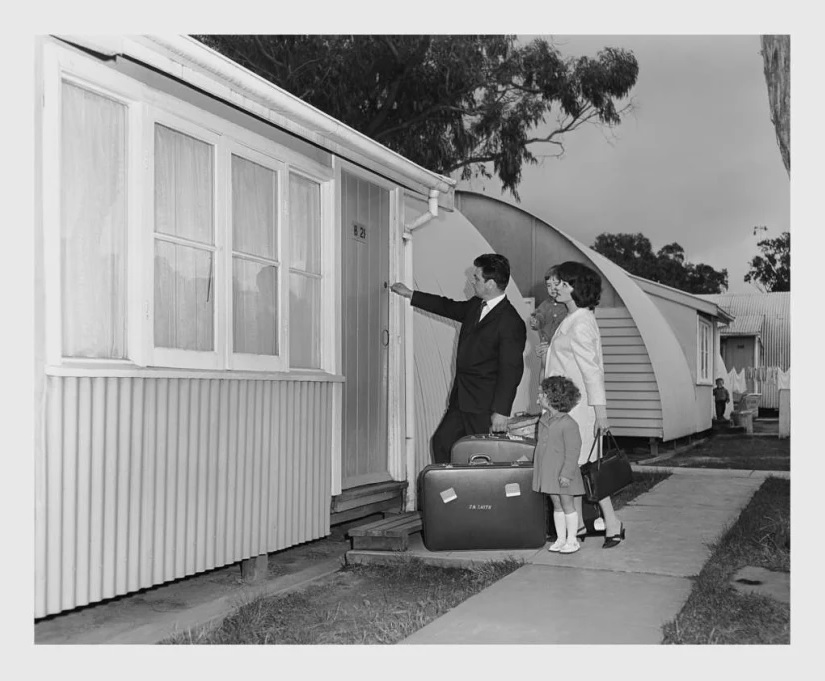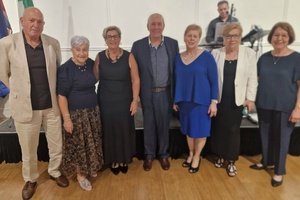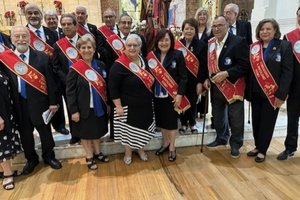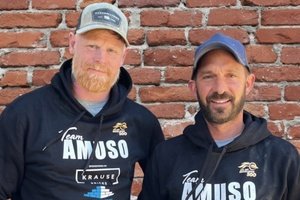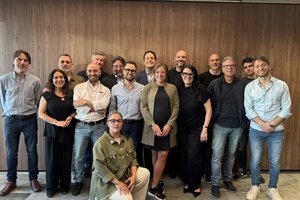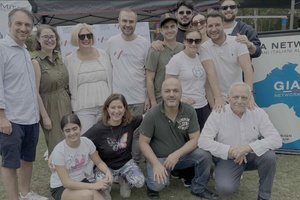The last day to catch the moving and memorable exhibition (which was first shown in 2014 at the National Archives of Australia) is Friday, November 15, at Riverside Theatre in Parramatta.
Nissen huts, boiled mutton, bottled milk and helping hands.
For many migrants after World War II, for better or worse, hostels were their first “homes”.
This exhibition depicts scenes from places such as the Greta Migrant Camp in the Hunter Valley, and other NSW camps in East Hills, Bathurst and Bradfield Park, as well as Bonegilla in Victoria.
This year was the 70th anniversary of the Greta Migrant Camp, which saw more than 100 people travel to the Hunter for a trip down memory lane.
From 1949 to 1960, more than 100,000 people from 18 different nationalities passed through or lived in the Greta Migrant Camp.
They mostly came from Lithuania, Latvia, Estonia, Ukraine, Yugoslavia and Czechoslovakia, Poland, Macedonia, Hungry, Austria, Germany, Russia, Greece and Italy.
Indeed, the Italian government of the 1950s and 1960s actively promoted migration to Argentina, Canada and Australia, as it struggled to feed, house and find employment for its citizens.
Between 1950 and 1960, over 170,000 mostly southern Italians migrated to Australia, including displaced people from the region ceded to the former Yugoslavia.
Many of these Italians lived in the migrant hostels, or were recruited for projects like the Snowy Mountains Hydro-Electric Scheme, or the steelworks in Newcastle and Wollongong.
While to some migrants, these camps were safe havens, others experienced isolation, unfamiliar food and customs and sometimes, hostile locals.
In 1952, faced with unemployment and forbidden to seek jobs independently, Italians at migrant hostels around the country rioted, demanding they be given work or repatriated to Italy.
Until the 1960s, there were no national, ethno-specific welfare services for arriving migrants.
Support was provided on a local level by volunteers from within the Italian community, often with the help of political organisations or the Catholic Church.
To experience a little of life in Australia’s migrant hostels, visit ‘A Place to Call Home’ at Riverside Theatre, Parramatta, tomorrow – it’s the final day.

